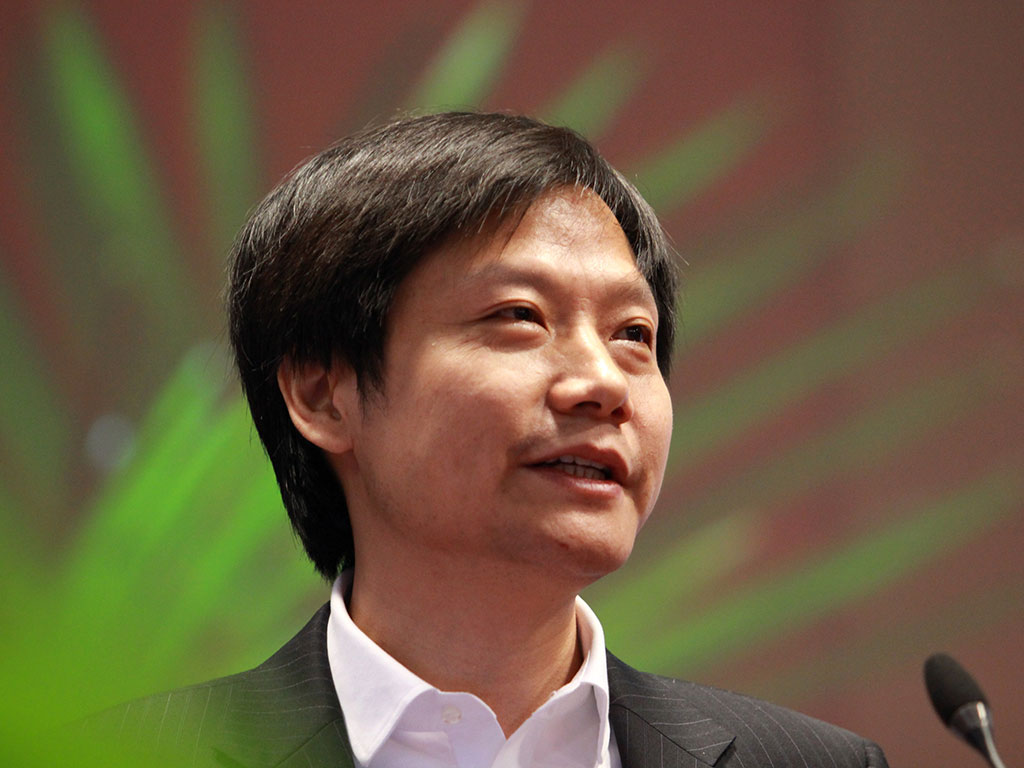Xiaomi’s smartphones take the global market by quiet storm
Xiaomi’s record sales and growing fan base makes an unprecedented impact on the smartphone industry

Xiaomi's dynamic leader, Lei Jun, who has led the tech start-up into success. Jun has been praised for his attention to customer satisfaction
Founded in 2010, Xiaomi and its CEO, Lei Jun, have sent ripples throughout the smartphone industry. Xiaomi is now the globe’s third largest smartphone producer and has been named as the world’s most valuable tech start-up. In 2014, the company sold 61 million phones, an astounding 226 percent increase from its previous year. Thus far, sales have been predominantly contained within China; with expansion into new markets, further growth is expected.
Xiaomi’s enviable success has been achieved by means of its relatively cheap prices and creative business model. With high-spec models such as the Mi5 that compete with Apple and Samsung, Xiaomi has made itself a serious contender in the industry. Simultaneously, the company’s lower-end phone, Redmi, allows it to penetrate emerging markets such as Russia and Brazil.
Xiaomi’s enviable success has been achieved by means of its relatively cheap prices and creative business model
Jun’s approach to marketing and achieving customer satisfaction is greatly attributed to his recent success. For example, users can post feedback online which influences software updates released each week; a proven approach for keeping fans engaged and eager. “They entered into this market with a very innovative launch, which is by going directly online”, says Tarun Pathak, Senior Analyst at technology market research firm, Counterpoint. By alleviating the expenditure of stores and costly advertisements, customers can conveniently buy products online while benefitting from Xiaomi’s pencil-thin profit margins.
Maintaining prices which are slightly above production costs is unlikely to maintain continual profit growth in the long term. For this reason, Xiaomi pays particular focus to its sales of software and internet content. In addition, the company is widening its range by launching products such as tablets, televisions and set-top boxes. “To further reinforce the business, Xiaomi builds its ecosystem via introducing the whole smart home solution. Xiaomi has launched Mi smart remote centre and smart gadgets to achieve the target”, comments Ivy Jiang, Market Analyst at Mintel. The success of Xiaomi’s new products is yet to be seen, but there is potential if the company can continue its approach of coupling comparatively low prices with high quality goods.
With such exponential growth comes a range of challenges for the tech start-up. There is the issue of intellectual property rights when entering new markets, as shown by the recent litigation battle with Ericsson in India. Public accusations by Apple representatives of Xiaomi copying their designs could harm the brand’s global reputation, as well as spell trouble for future plans to enter the US and Europe. Furthermore, Pathak explained to The New Economy how in 2014 Xiaomi became a principal rival to the top vendors in the industry, “but in 2015, they have to counter the competition from these players who are adopting a similar business model.” As well as imitating Xiaomi’s successful online strategy, a price war could ensue as other leading brands attempt to win back their market share. Also to contend with is increasing pressure for the Chinese economy given its recent decline in GDP growth, which could potentially lead to lower profits and fewer investments for Xiaomi.
With a home advantage and strong customer loyalty in the world’s largest mobile phone market, as well as a business model that can be quickly rolled-out in other developing markets, experts suggest that the company’s success is set to continue in 2015. Copyright infringements may be costly, but can be dealt with, while new products could expand Xiaomi’s customer base if proved popular. Xiaomi might be relatively new to the industry and has various challenges to offset, but it is full steam ahead for the company which is likely to become China’s first global brand.













